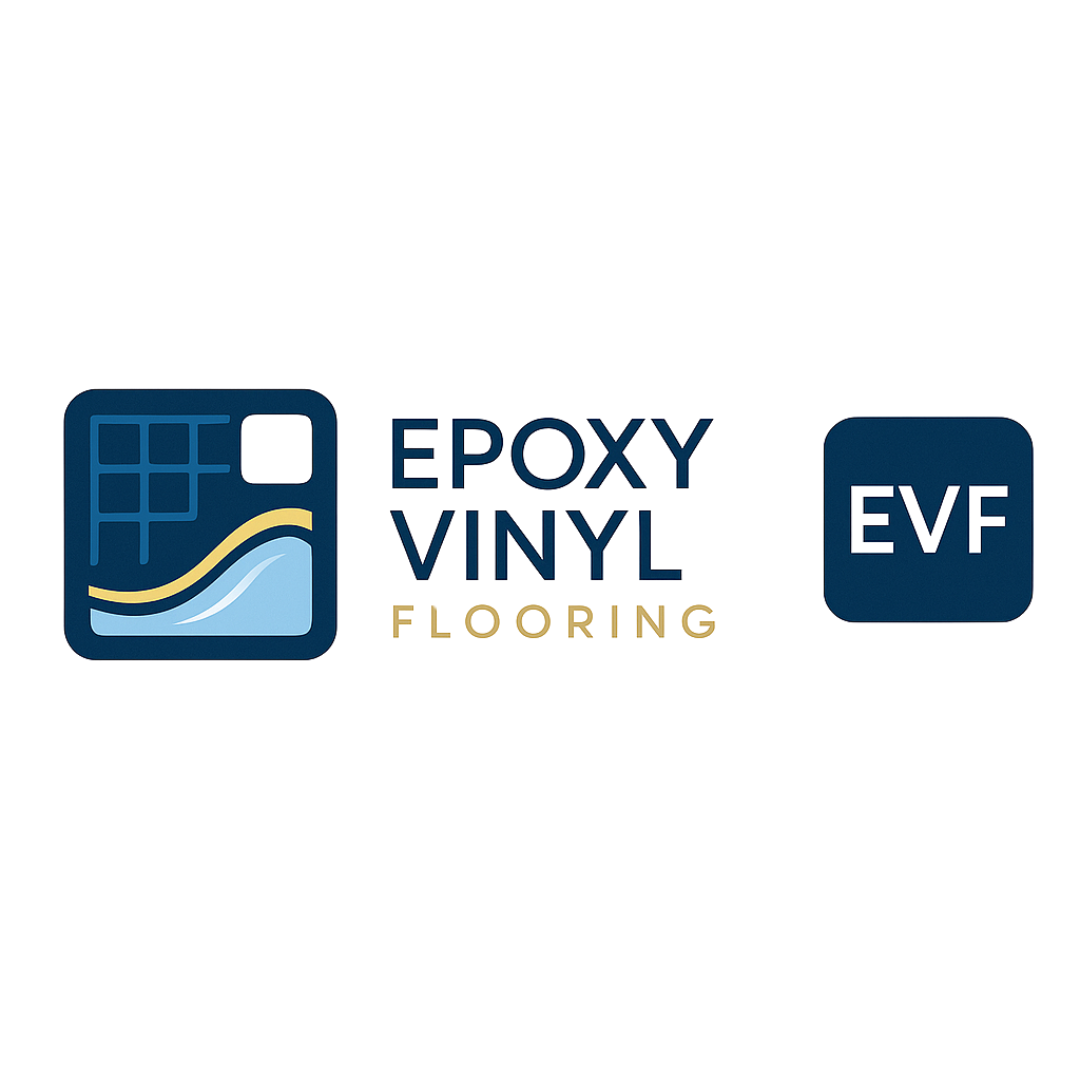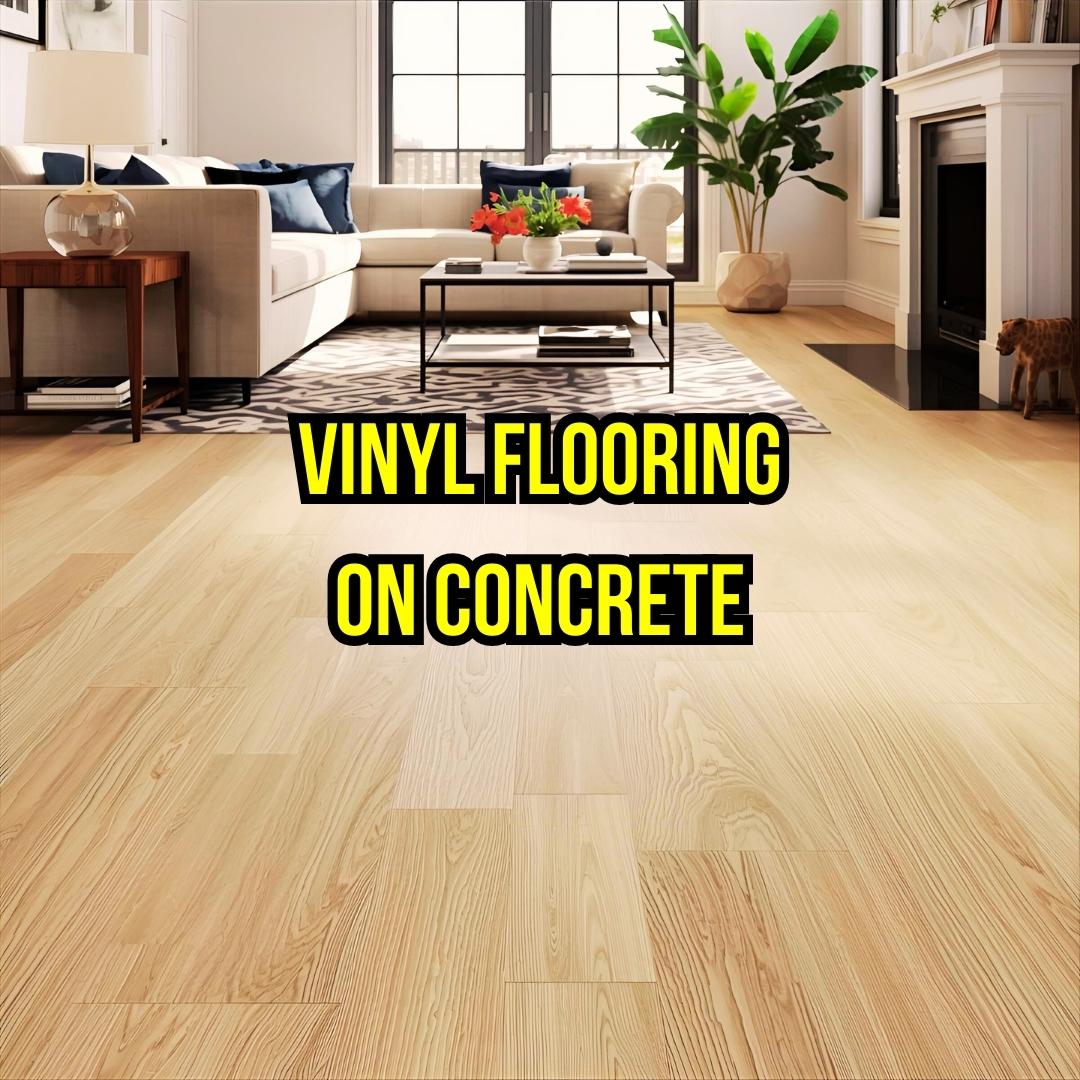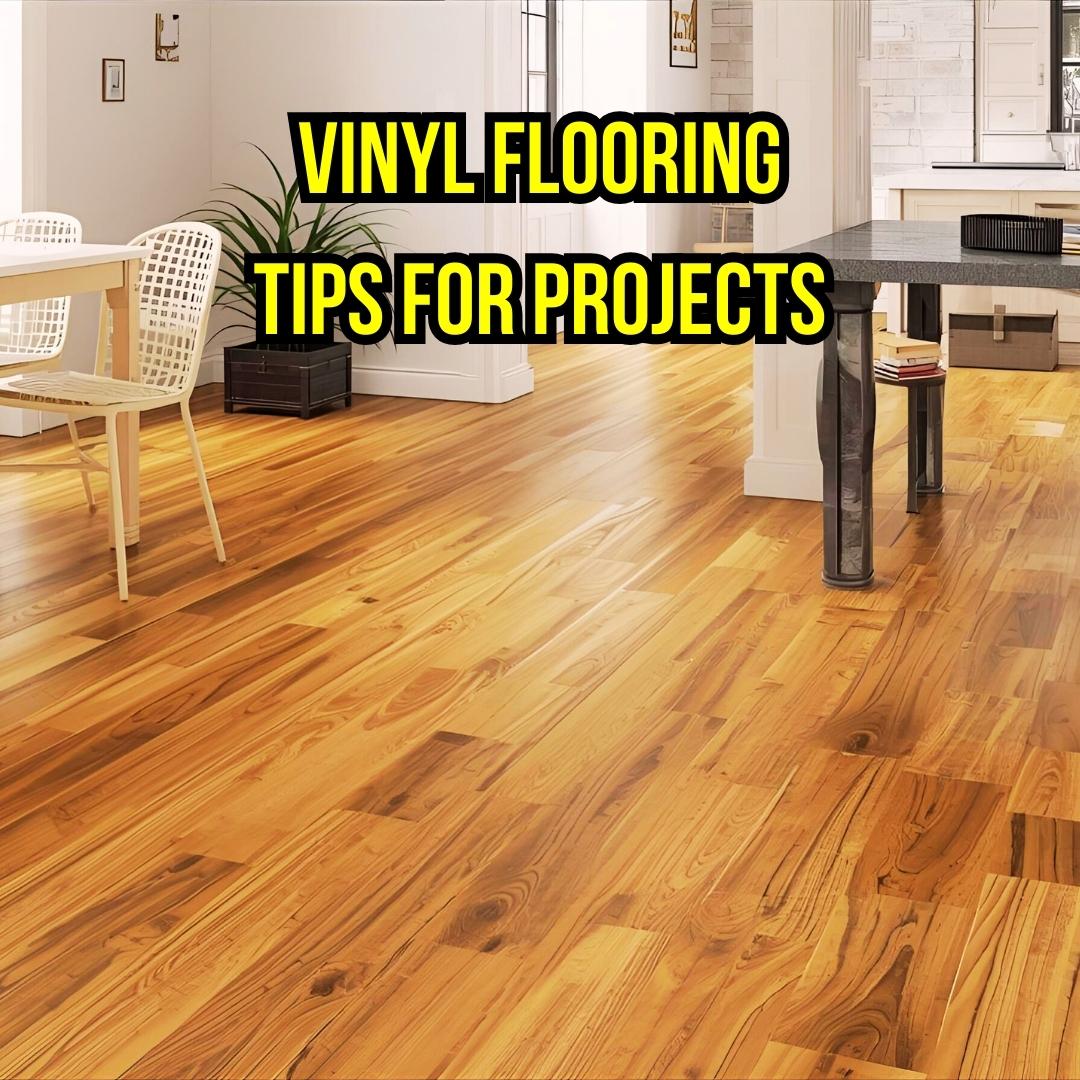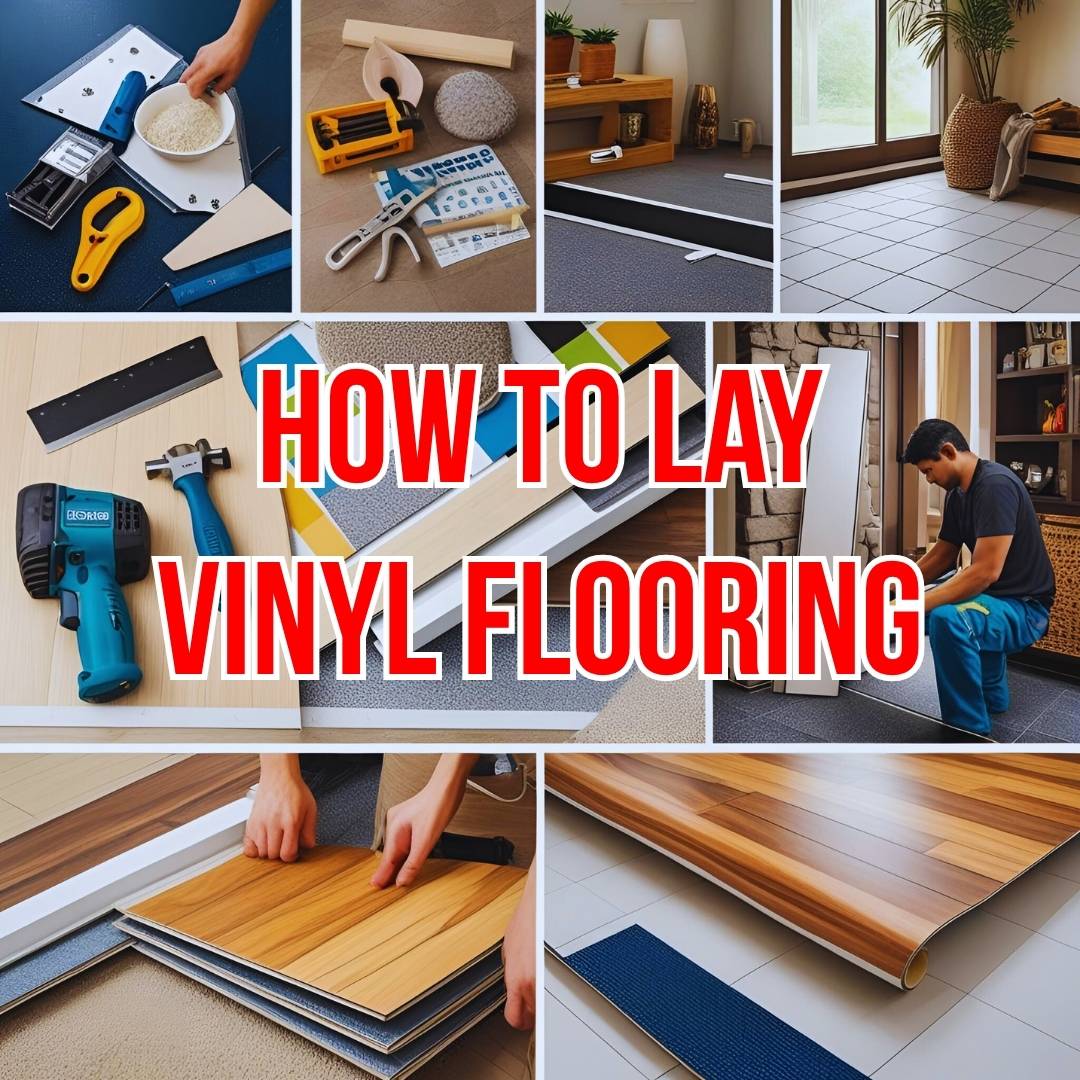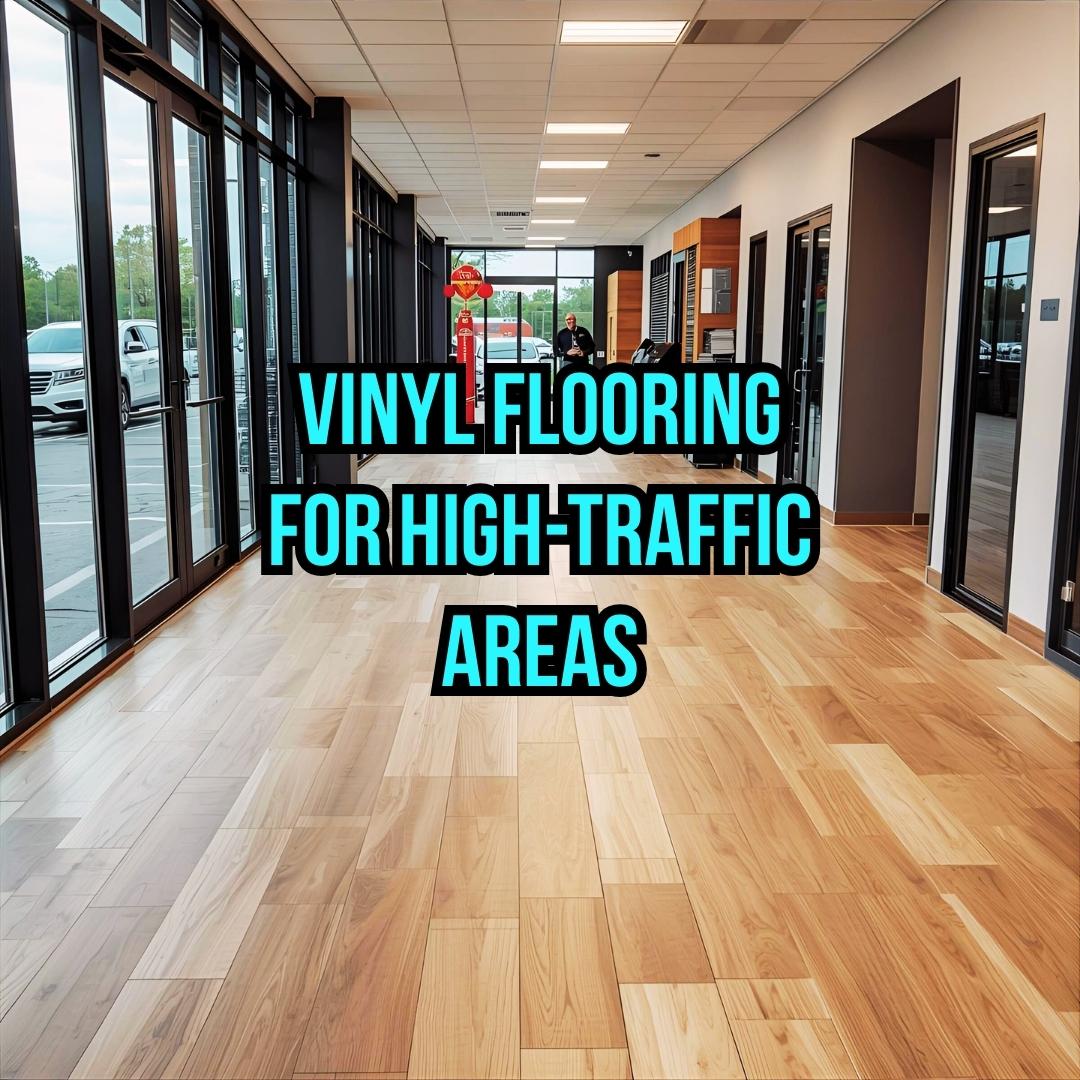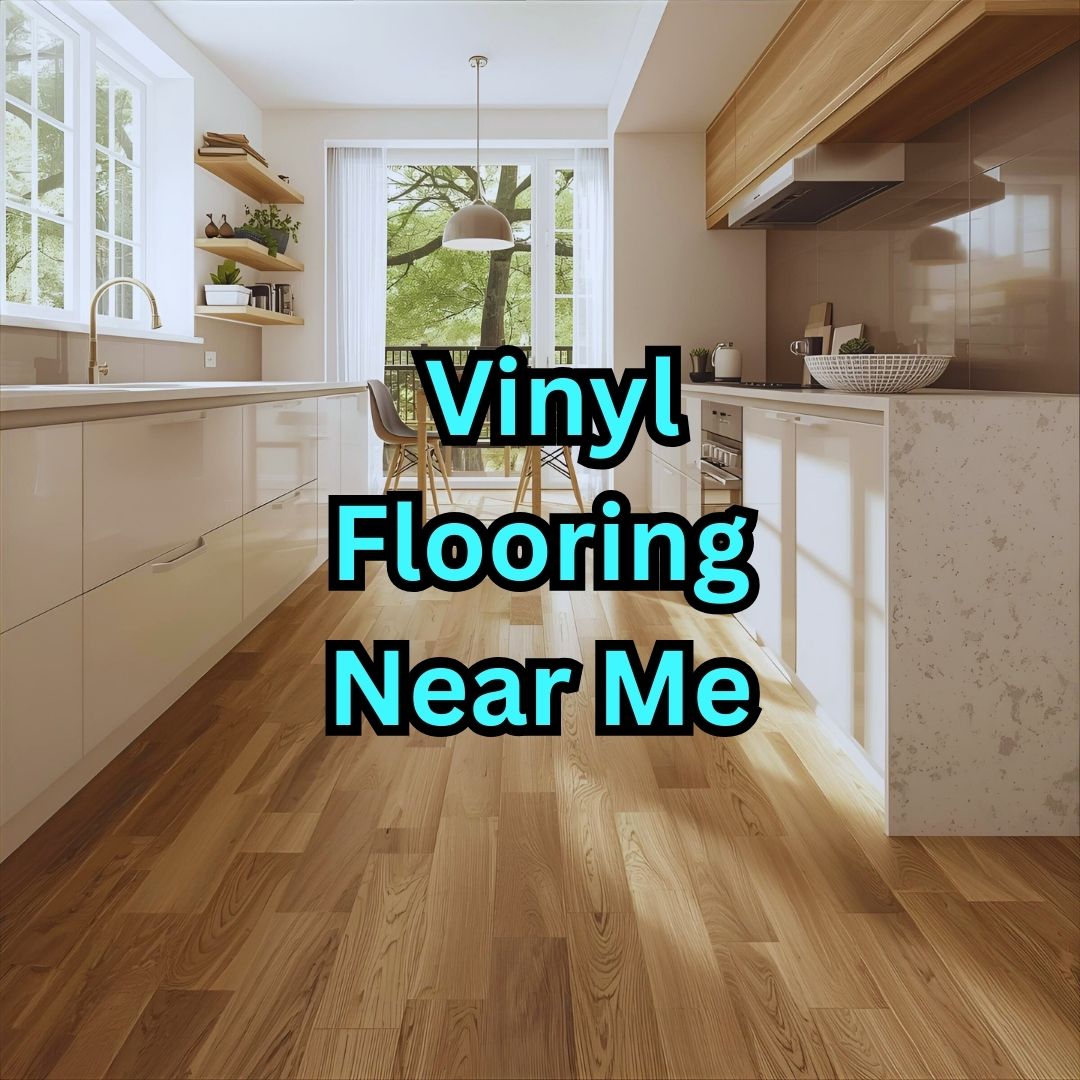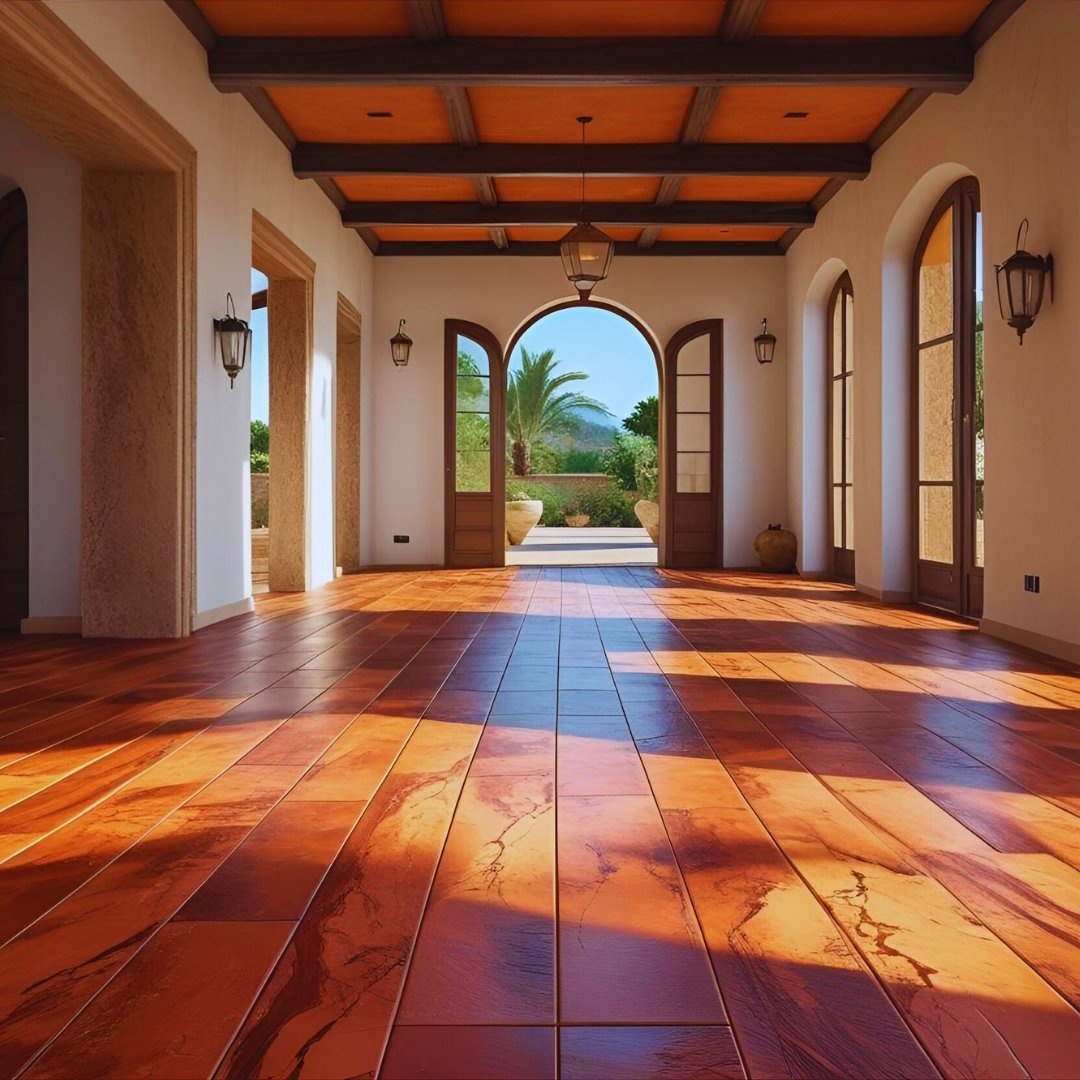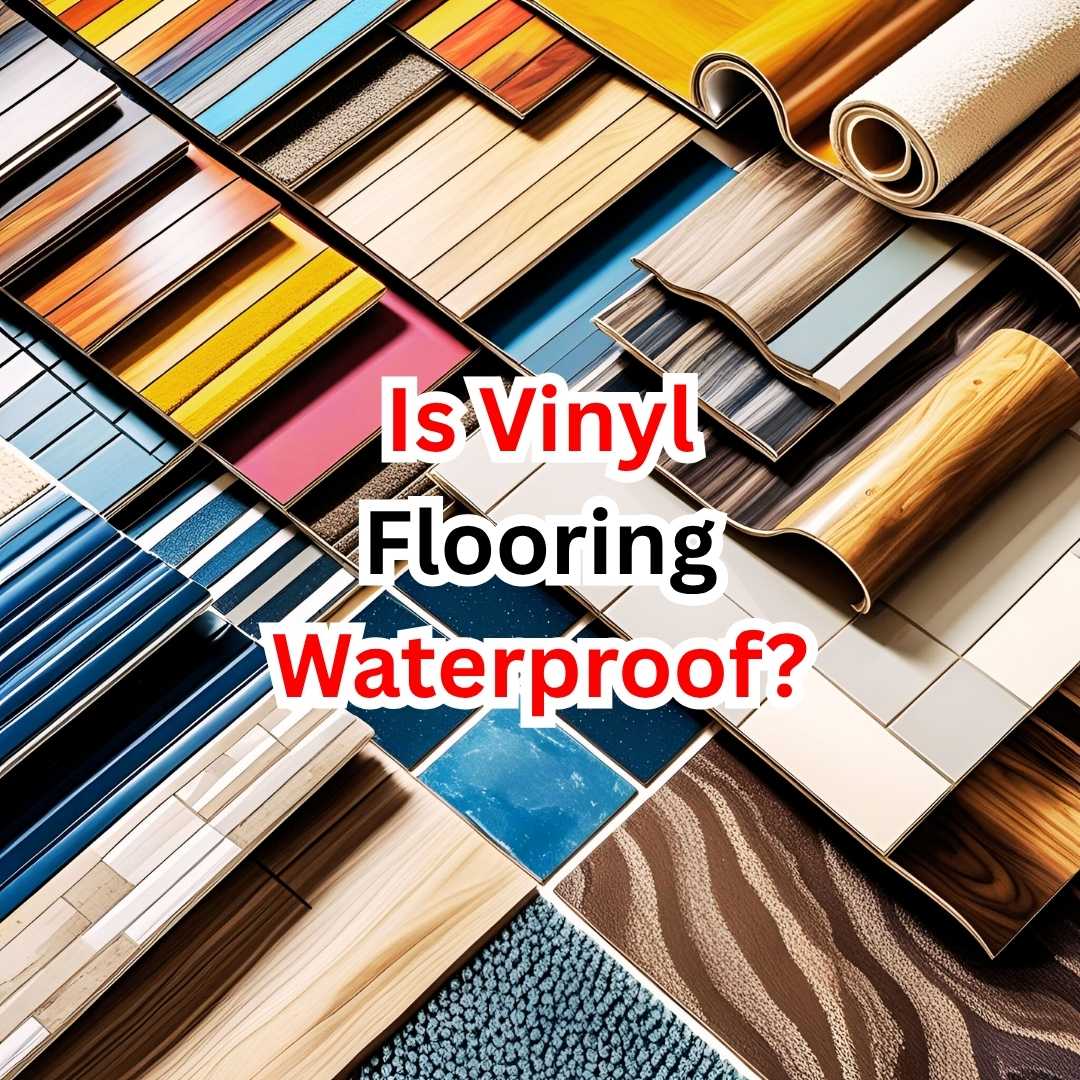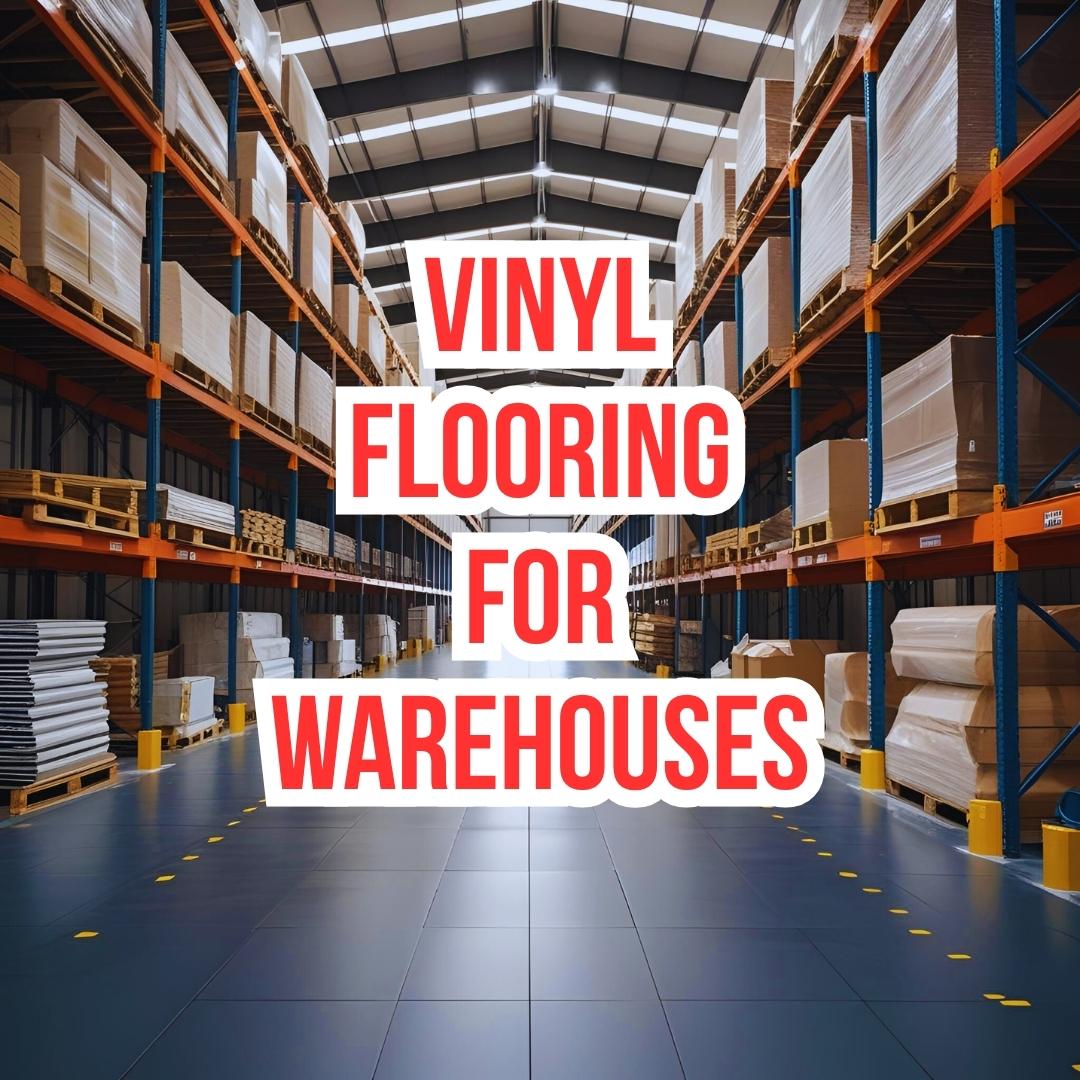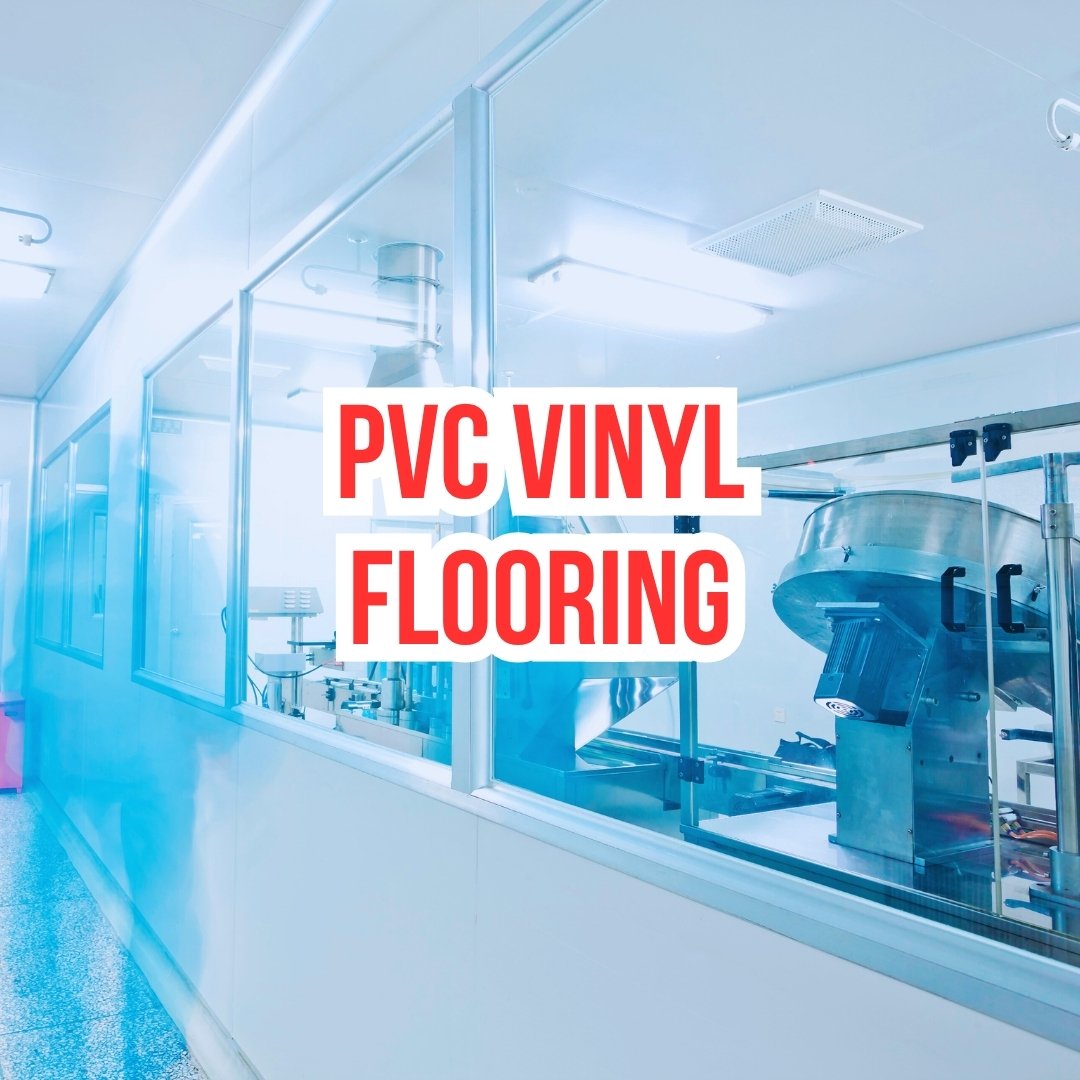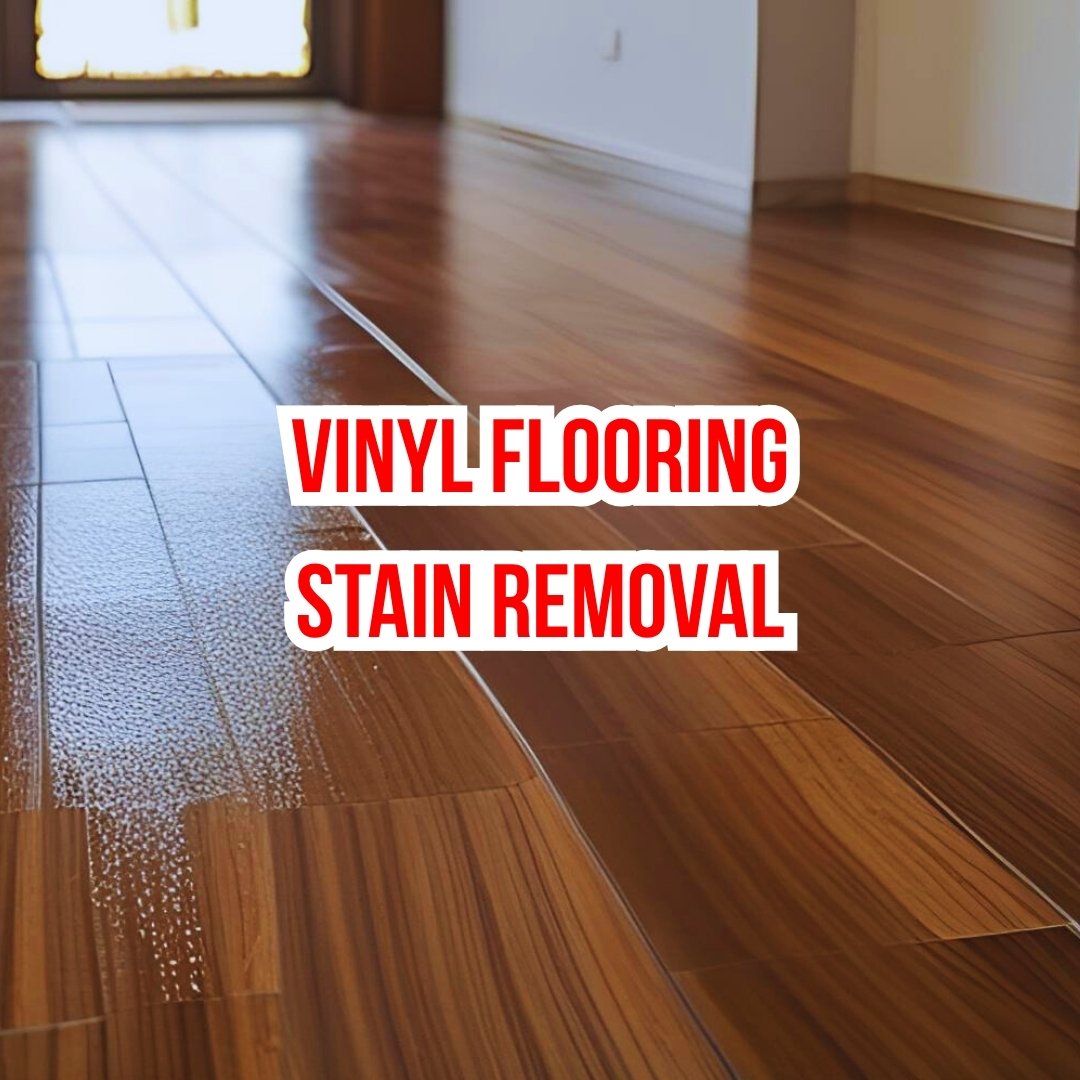
Have you ever walked into an educational lab and wondered why the flooring feels just right—safe underfoot, easy on the eyes, and built to handle the chaos of experiments and eager students? In Ahmedabad’s bustling educational hubs, from the vibrant campuses in Chandkheda to the research-focused facilities in Gota, choosing the right flooring isn’t just about aesthetics; it’s about creating spaces that foster learning while prioritizing safety. As an expert in epoxy and vinyl flooring solutions backed by years of experience at AUM Industries, I’ve seen how vinyl flooring emerges as a top choice for educational and R&D labs. But let’s explore this together: What makes vinyl flooring stand out in a city like Ahmedabad, where hot, dusty climates and industrial influences demand durability?
In this article, we’ll dive into the world of vinyl flooring, touching on its safety features, stylish options, and how it compares to alternatives like epoxy resin flooring. Whether you’re a lab manager in Vatva’s pharma-inspired R&D zones or an architect designing for schools in Satellite, understanding these elements can help you make informed decisions. And if you’re searching for “vinyl flooring near me” in Ahmedabad, you’re in the right place—we’ll cover costs, installation, and more to guide you toward a solution that blends functionality with flair.
What is Vinyl Flooring?
Let’s start with the basics: Have you considered what vinyl flooring really is, beyond the sheets or tiles you might see in homes or offices? Vinyl flooring, often referred to as PVC vinyl flooring, is a resilient, synthetic material made from polyvinyl chloride (PVC) layered with protective coatings. It comes in various forms, including sheet vinyl flooring for seamless coverage, vinyl flooring tiles for modular designs, and luxury vinyl flooring (LVT) that mimics natural materials like wood or stone with high-definition prints.
In educational labs across Ahmedabad—from the chemistry setups in Naranpura to biology labs in Thaltej—vinyl stands out for its flexibility. Unlike rigid options, it cushions underfoot, reducing fatigue during long lab sessions. But is vinyl flooring waterproof? Absolutely, especially the luxury variants, which resist spills from chemicals or water-based experiments. This makes it a practical choice for environments where accidents happen. Pros include affordability, ease of installation, and low maintenance, while cons might involve potential wear in ultra-high-traffic areas without proper underlayment. As trends evolve in 2025, vinyl is leaning toward eco-friendly compositions, incorporating recycled materials for sustainable lab designs.
The Safety Imperative: Why Vinyl Flooring Excels in Educational Labs
Imagine a lab in Ahmedabad’s humid summers: Slippery floors could turn a simple spill into a hazard. So, what safety standards should guide your flooring choice? In India, guidelines from bodies like the Bureau of Indian Standards (BIS) emphasize slip-resistant, hygienic surfaces for educational and R&D labs to prevent accidents and maintain cleanliness. Vinyl flooring meets these head-on with textured finishes that provide grip, even when wet.
For labs in prime areas like Changodar, home to pharma giants like Aurobindo Pharma, vinyl’s anti-static properties reduce electrostatic discharge (ESD) risks, crucial for electronics or sensitive equipment handling. It’s also bacteria-resistant, aligning with hygiene protocols similar to those in hospitals or cleanrooms. Think about the pros and cons of vinyl flooring: On the plus side, it’s shock-absorbent, minimizing injury from falls, and flame-retardant for added fire safety. Drawbacks? It may not handle extreme chemical exposure as well as some alternatives, but for most educational setups—from physics labs in Memnagar to biotech spaces in Sarkhej—it’s more than sufficient.
In Ahmedabad’s context, where dust from nearby industrial zones like Vatva (with companies like Nirma Limited) can infiltrate, vinyl’s seamless options prevent dirt buildup, ensuring compliance with safety norms. Have you assessed your lab’s specific risks? Vinyl promotes a safer environment, encouraging focused learning without worry.
Style Meets Functionality: 2025 Trends in Vinyl Flooring for Labs
Style in a lab? Why not? Educational spaces in Ahmedabad, from modern R&D facilities in Bodakdev to traditional setups in Paldi, are evolving to inspire creativity. What if your flooring could blend safety with visual appeal? In 2025, vinyl flooring trends emphasize nature-inspired patterns like wood grains and stone textures, creating calming environments that boost student engagement.
Consider herringbone or chevron layouts for a sophisticated look in labs along SG Highway, or wide plank designs that make compact spaces in Nikol feel expansive. Luxury vinyl flooring introduces mixed tones and high-variation prints, mimicking real materials without the maintenance hassle. For Ahmedabad’s warm climate, light-colored vinyl reflects heat, keeping labs cooler in areas like Vastrapur.
Eco-trends are big too—sustainable vinyl with low VOC emissions supports green building standards, ideal for universities in Gandhinagar aiming for certifications. Geometric patterns add a modern twist for design labs in Navrangpura, while distressed finishes offer a rugged yet stylish vibe for hands-on workshops in Odhav. As an expert, I recommend consulting with professionals to match these trends to your lab’s theme, ensuring style enhances rather than distracts from safety.
Vinyl Flooring vs. Epoxy Flooring: Which is Right for Your Ahmedabad Lab?
Now, let’s compare: Have you weighed vinyl against epoxy flooring for your lab? Both are popular in Ahmedabad’s industrial pockets, but they serve different needs. What is epoxy flooring? It’s a resin-based coating applied over concrete, creating a seamless, glossy surface. Epoxy resin flooring excels in chemical resistance, making it ideal for heavy-duty pharma labs in Naroda (e.g., Claris Lifesciences) or Moraiya (Intas Pharma).
Pros of epoxy: It lasts 10-20 years, withstands harsh spills, and offers a high-gloss finish for easy cleaning. Cons? It can be slippery when wet and harder to repair. Vinyl, on the other hand, is more forgiving—easier to install and replace sections, with better sound absorption for noisy labs in Shahibagh.
In comparisons like epoxy flooring vs tiles, epoxy wins on durability, but vinyl edges out for comfort in educational settings. For homes or lighter labs in Bopal, residential epoxy flooring might feel too industrial, while vinyl adds warmth. Epoxy flooring cost in Ahmedabad ranges from ₹150–₹300 per sq. ft., similar to vinyl, but factors like thickness vary. Choose vinyl for flexibility in R&D labs across Vejalpur; opt for epoxy in high-chemical zones like Bhat (Torrent Pharma). Both can be customized—epoxy with metallic designs, vinyl with patterns—but assess your lab’s demands.
If you’re pondering “epoxy flooring near me” or “vinyl flooring near me,” consider a hybrid approach for mixed-use spaces in Maninagar.
How Vinyl Flooring is Done: Installation Insights for Ahmedabad Projects
Curious about the process? How is vinyl flooring installed to ensure it lasts in Ahmedabad’s variable weather? It starts with surface preparation—cleaning and leveling the subfloor, crucial in dusty areas like Rakhial to prevent bubbling.
Steps include:
- Measuring and planning: Account for lab layouts, from benches in Isanpur to equipment in Khokhara.
- Applying adhesive for glue-down vinyl or clicking for floating tiles.
- Rolling to eliminate air pockets, ensuring a smooth finish.
- Sealing edges for waterproofing.
For self-leveling epoxy alternatives, the process involves mixing resin and pouring, but vinyl is quicker, often completed in a day for smaller labs in Ranip. Materials like underlayment add cushioning. In Ahmedabad, where monsoons hit hard, professionals like us at EpoxyVinylFlooring.com ensure moisture-resistant installations. Ready to visualize? Check our guide on maintaining vinyl floors for post-install tips.
Vinyl Flooring Cost and Value in Ahmedabad
Budgeting for your lab upgrade? Vinyl flooring cost in Ahmedabad typically falls between ₹150–₹300 per sq. ft., influenced by type (sheet vinyl at lower end, luxury at higher), thickness, and design. For a 500 sq. ft. lab in Meghani Nagar, that’s ₹75,000–₹150,000, including installation.
Factors: Premium brands for pharma-focused labs in Santej add to costs, while basic options suit budget schools in Juhapura. Compare to epoxy flooring price per sq ft—similar range—but vinyl offers better ROI for labs needing frequent updates. In Gujarat’s market, these rates reflect 2025 trends toward quality imports. Don’t forget: Investing now saves on maintenance later.
If this sparks ideas for your project, why not reach out for a free consultation? Visit epoxyvinylflooring.com/contact/ to discuss tailored solutions.
Real-World Applications: Vinyl in Ahmedabad’s Educational Landscape
Picture this: A bustling R&D lab in Dholka, near Cadila Healthcare, where vinyl flooring withstands daily experiments while looking sleek. In Ahmedabad, from homes in Ambawadi adopting residential vinyl to industrial units in Aslali, it’s versatile.
For educational labs, consider Narol’s facilities using sheet vinyl for seamless hygiene, or Ghatlodia’s schools opting for colorful tiles to engage kids. In pharma hubs like Sarkhej (Zydus Cadila), vinyl complements cleanroom standards per WHO-GMP guidelines. We’ve installed in electronics units along Ashram Road, where anti-static vinyl prevents damage.
Backed by AUM Industries, our turnkey services—linked to aumindustriesmfg.com—ensure compliance with NABH for hospital-adjacent labs in Ellis Bridge. From warehouses in Kathwada to flats in Vastral, vinyl adapts, proving its worth in Gujarat’s diverse scenes.
Maintenance and Longevity: Keeping Your Lab Floors Pristine
How long does vinyl flooring last in a demanding lab? Typically 10-20 years with proper care, outlasting tiles in high-use areas like Sabarmati’s educational centers. Sweep daily, mop with mild cleaners—avoid harsh chemicals that could degrade PVC.
For epoxy comparisons, it lasts similarly but requires resealing. In Ahmedabad’s dust-prone spots like Behrampura, regular vacuuming keeps vinyl shining. Tips: Use mats at entrances in Dariapur labs to trap dirt. Our expertise at EpoxyVinylFlooring.com includes maintenance plans—explore about epoxy vinyl flooring for more.
FAQs on Vinyl Flooring for Educational Labs in Ahmedabad
- What is luxury vinyl flooring? It’s a premium PVC variant with realistic textures, perfect for stylish labs in Thaltej, offering durability and waterproofing.
- Pros and cons of vinyl flooring? Pros: Affordable, comfortable, easy clean. Cons: May dent under heavy loads, but ideal for most Ahmedabad labs.
- Is vinyl flooring waterproof? Yes, especially core layers, resisting spills in humid areas like Manek Chowk.
- Vinyl flooring cost per sq ft in Ahmedabad? ₹150–₹300, varying by quality—contact us for quotes.
- How does vinyl compare to epoxy flooring for homes? Vinyl is warmer for residential use in Jodhpur; epoxy suits industrial in Changodar.
- What are epoxy flooring designs suitable for labs? Metallic or solid colors for clean looks, per 2025 trends.
- Vinyl flooring near me in Ahmedabad—where to start? Reach EpoxyVinylFlooring.com or call +91-9274313580 for site visits.
For more, visit our FAQs page.
Conclusion: Elevate Your Lab with Vinyl Flooring Today
As we’ve explored, vinyl flooring strikes the perfect balance of safety and style for Ahmedabad’s educational labs, from Vatva’s pharma R&D to Satellite’s schools. Backed by AUM Industries, we at EpoxyVinylFlooring.com deliver tailored solutions across Gujarat. Ready to transform your space?
Contact us now for a no-obligation quote: Email amit@aumindustriesmfg.com, WhatsApp +91-9274313580, or visit our office at World Trade Tower, A-617, Sarkhej-Gandhinagar Highway, Makarba, Ahmedabad, Gujarat 380051. Let’s build safer, stylish labs together—get started here.

